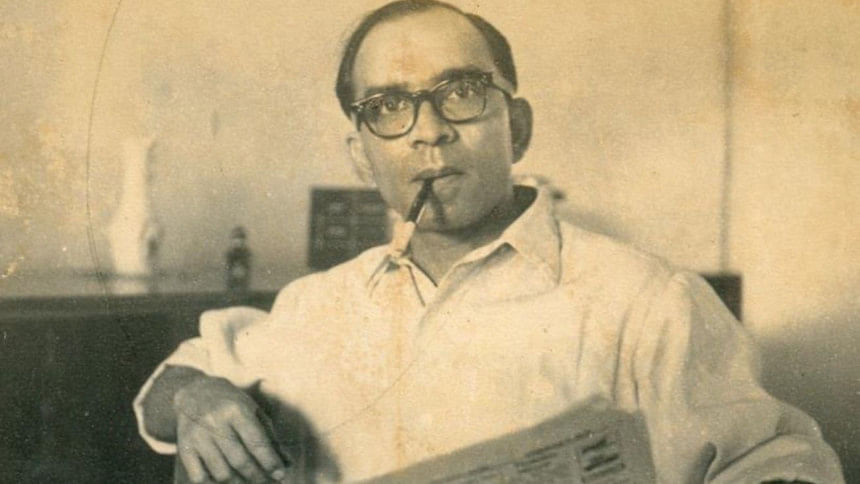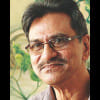Remembering freedom fighter Lt. Col. Quazi Nooruzzaman, B.U. (declined)

Every year around this time, I get a phone call from someone or the other of the loose fraternity of Sector 7 veterans to remind me that May 6 is Lieutenant Colonel Quazi Nooruzzaman's death anniversary; he passed away in 2011. He is warmly remembered for his paternal presence in the Sector that stretched over a number of districts: Rajshahi, Dinajpur, Bogra, Pabna. There isn't a single sub-sector he didn't visit from time to time, nor was there a major operation in the Sector in which he wasn't present.
Colonel Zaman was what one would call a born fighter, and he liked to lead from the front. Quayum Khan in his memoir Bittersweet Victory recalls that during an attack, the colonel, who was an artillery officer, persuaded the commander of the supporting Indian battery to let him direct artillery fire.
My fellow company commander, Saifullah, and I were in the colonel's party during the attack on the Khanpur Border Outpost in Dinajpur. After a blistering artillery barrage, the assault party led by my course-mate Major (Retd.) Amin overran the Pakistani bunkers. The colonel's party moved up along with an Indian battalion. Saifullah and I were terribly excited, for what we had witnessed was a classic infantry attack with artillery support, the first in our Sector.
From the front line we tried to spot elements of the retreating enemy contingent and figure out their intentions. Someone spotted a man in black uniform. It could be the uniform of one of the Pakistani militia forces, or it could be a cavalry (Armoured Corps) uniform. The latter possibility would signify an upping of the ante.
Our colonel eagerly asked the Commanding Officer (CO) of the Indian battalion to let him direct the supporting Indian artillery battery but his powers of persuasion failed this time. The Indian (CO) politely brushed aside the request (it would, after all, have been a breach of military protocol) and instead called in a troop of tanks. Just in case.
One of my fondest memories of the colonel is of him visiting our sub-sector. He would always have a present for me: a carton of Panama cigarettes. He cared for the morale of his boys, and wanted them to be in good form for a big push he had in mind; troops from all the sub-sectors under him would go into action in concert and try to liberate a sizeable chunk of Rajshahi. Adequate Indian artillery support would be necessary.
Unfortunately, the plan could not be translated into action. Events in the larger theatre began to speed up, and we became part of the joint Indo-Bangladesh force that brought the enemy to their knees. Though the colonel left the Army soon after Liberation (he had been a long-retired officer when he joined the struggle)—his war wasn't over. He was one of the founders of the Ghatak Dalal Nirmul Committee, and today as the ICC nears the end of the task of meting out punishment to the local war criminals, the colonel deserves to be remembered with special gratitude.
Let me end with a note on the title of this brief memoir. Colonel Zaman was awarded the Bir Uttam title but he refused to accept it as he believed gallantry awards were out of place in a people's war, which is how he saw the independence struggle.
Kaiser Haq is a poet, translator, essayist, critic, academic and a freedom fighter. Currently, he is the Dean of Arts & Humanities at the University of Liberal Arts Bangladesh (ULAB).





Comments